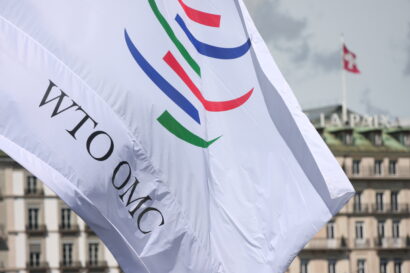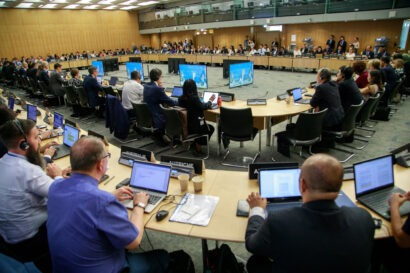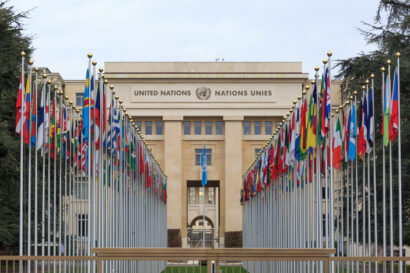International Tax
Low-income countries are more dependent on corporate income tax revenue than richer countries, and at the same time, disproportionately affected by multinational tax avoidance. Our research on this theme investigates ways in which developing countries can protect their tax bases, including through simplified transfer pricing methods and improved tax treaty policies. It also examines the challenges and opportunities developing countries face from their participation in international tax negotiations.





